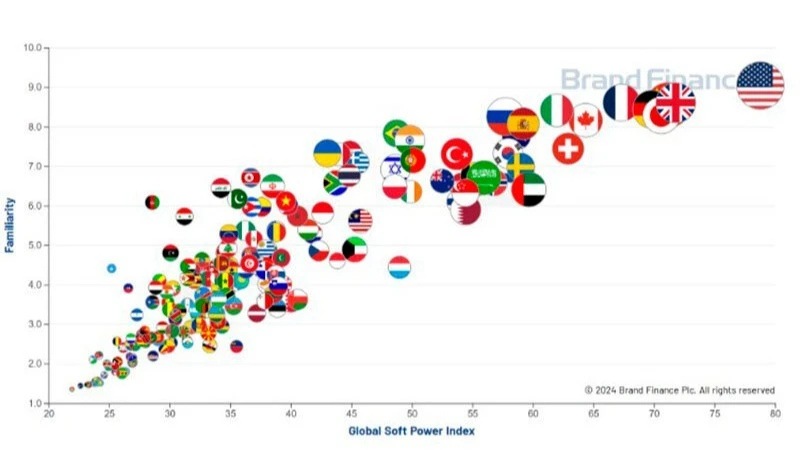Feedback loop architecture: Building echo chambers and restoring faith

In the heart of a developing Africa, a frustrated citizen named Mama Rehema stood outside a municipal office, clutching a faded receipt and a story no one seemed to want to hear. Her water bill had doubled overnight, and every attempt to resolve it had been swallowed by silence. She had spoken, but the system hadn’t listened. Or had it?
Unbeknownst to Mama Rehema, her complaint had triggered a ripple in a newly installed feedback loop architecture. A digital and human mesh designed to catch whispers before they become roars. It was part of a pilot program called Sauti Halisi (True Voice), a Tanzanian initiative that blends media, citizen journalism, and civic tech to amplify public grievances and accountability.
Across the continent, governments and businesses are waking up to a truth long buried under bureaucracy. Feedback isn’t a formality. It’s a survival instinct. In Ghana, mining companies are now mapping community sentiment like geologist’s map ore. Well, beneath the CSR gloss, tensions simmer. Youth demonstrations and feedback kiosks installed by NGOs have revealed a disconnect between corporate promises and local expectations. The architecture is there, but the soul? Still under construction.
In Nigeria, telecom firms are deploying AI to predict customer frustration before it hits the Call Centre. MTN Nigeria’s churn prediction models now analyse usage patterns, satisfaction scores, and even regional sentiment to pre-emptively address service gaps. The loop doesn’t wait for the scream. It listens for the sigh.
Finally, in Rwanda, a single SMS from a farmer can trigger a policy review at the Ministry of Agriculture. Through IVR and SMS-based feedback systems. Farmers report issues like fertilizer shortages or crop disease, prompting real-time government response. The Ministry’s digital agriculture strategy treats feedback not as noise, but as signal.
Kenya’s, Huduma Kenya portal is perhaps the most structured of all. Citizens can book appointments, rate services, and track government responses through a centralized feedback system. It’s not just a portal, it’s a promise. When that promise breaks, the backlash is swift and loud.
Here’s the twist. Feedback loops in Africa aren’t just digital dashboards and Net Promoter Scores. They’re oral traditions, market gossip, WhatsApp rants, and the quiet fury of a grandmother at a broken borehole. The architecture must be polyphonic. Able to hear the rage in silence and the wisdom in complaint. That’s where the magic lies.
Take the case of a mining town in northern Tanzania. A local NGO installed a feedback kiosk outside the company gates. Within weeks, complaints about dust and water contamination surged. But instead of defensiveness, the company responded with a community forum, live data screens and a promise. “If you speak, we will act.” Trust once eroded, began to sediment again. Layer by layer.
Yet not all loops are virtuous. In West Africa, a transport app logged thousands of safety complaints but were never escalated. A report by the International Alliance of App-Based Transport Workers revealed that drivers faced violence, sudden deactivations and algorithmic silence. The loop became a graveyard of voices. The architecture was sound, but the soul was missing.
So, what makes a feedback loop truly African and truly alive? It’s not just the tech. It’s the trust. It’s the ability to turn a complaint into a conversation, a grievance into governance. It’s the courage to let the people write the script, not just annotate the margins.
As Mama Rehema walked home that day, she received a text: “Your water bill issue has been escalated. Expect a call within 24 hours.” She smiled. Not because the problem was solved, but because the silence had finally spoken back.
Complaints about service should not be ignored or seen as a threat. Instead, build systems that listen not just to the loud, but to the wise. Those frustrations are the customer’s heartbeats, thumping through echoed frustrations. If you build a pro-active feedback loop for your service, there might just be echoes of joy in that room.
Alley Mtatya (pictured) is the advertising, marketing, branding and customer experience expert based in Dar es Salaam
Top Headlines
© 2025 IPPMEDIA.COM. ALL RIGHTS RESERVED

























